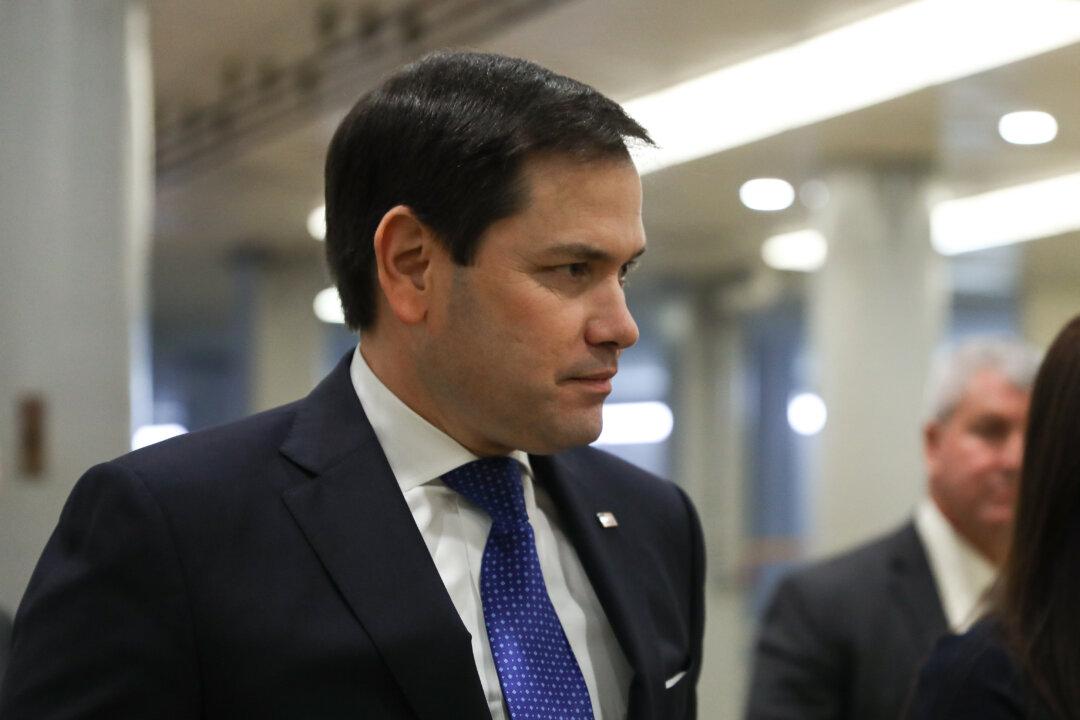A bipartisan group of Senators on May 28 called for an “immediate” meeting at the United Nations Security Council (UNSC) on Beijing’s move to impose the Chinese Communist Party’s (CCP’s) so-called “national security” legislation on Hong Kong.
Sen. Marco Rubio (R-Fla.) joined leading members of the Senate Foreign Relations Committee Thursday in penning a letter to the current and incoming president of the UNSC on the matter.





